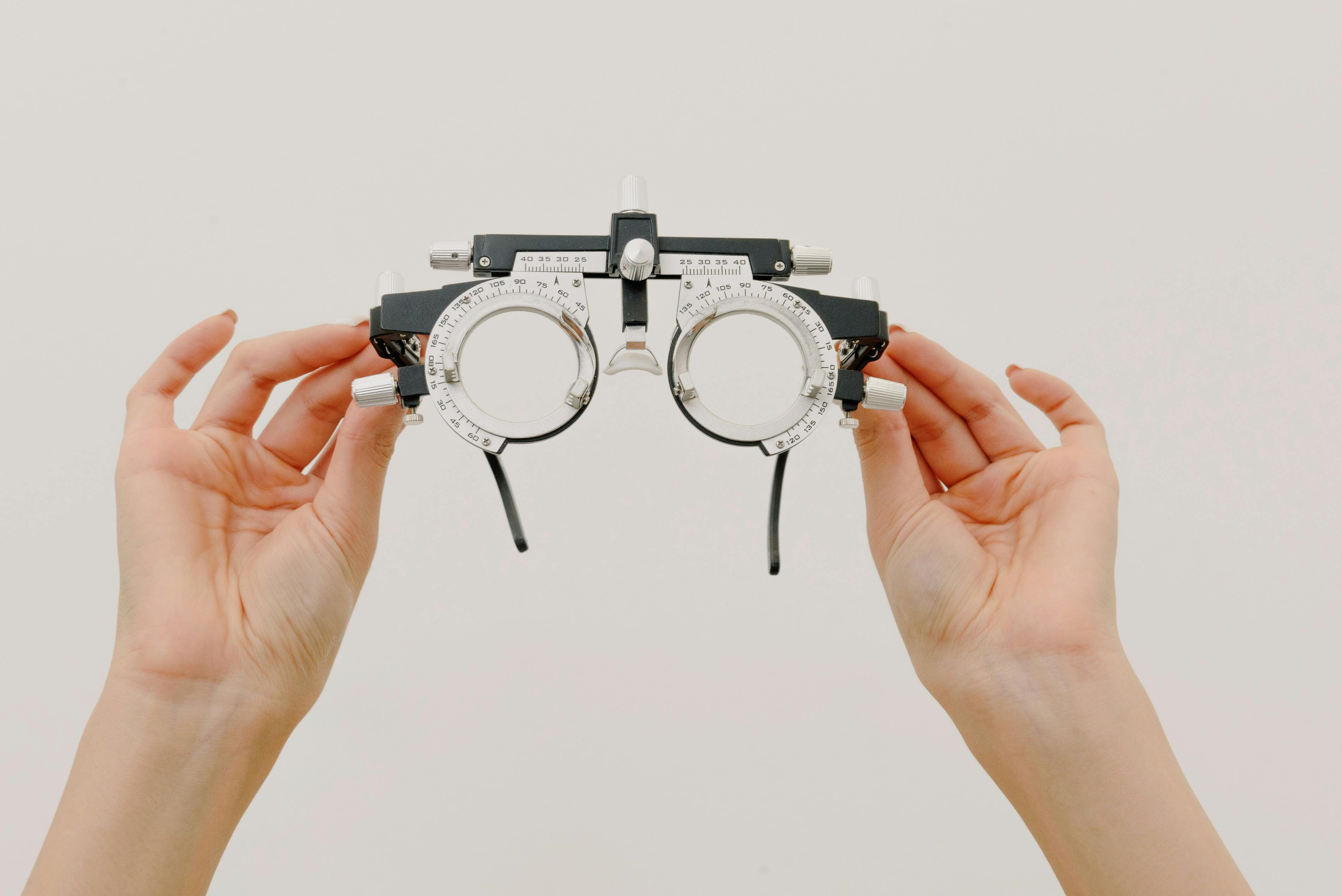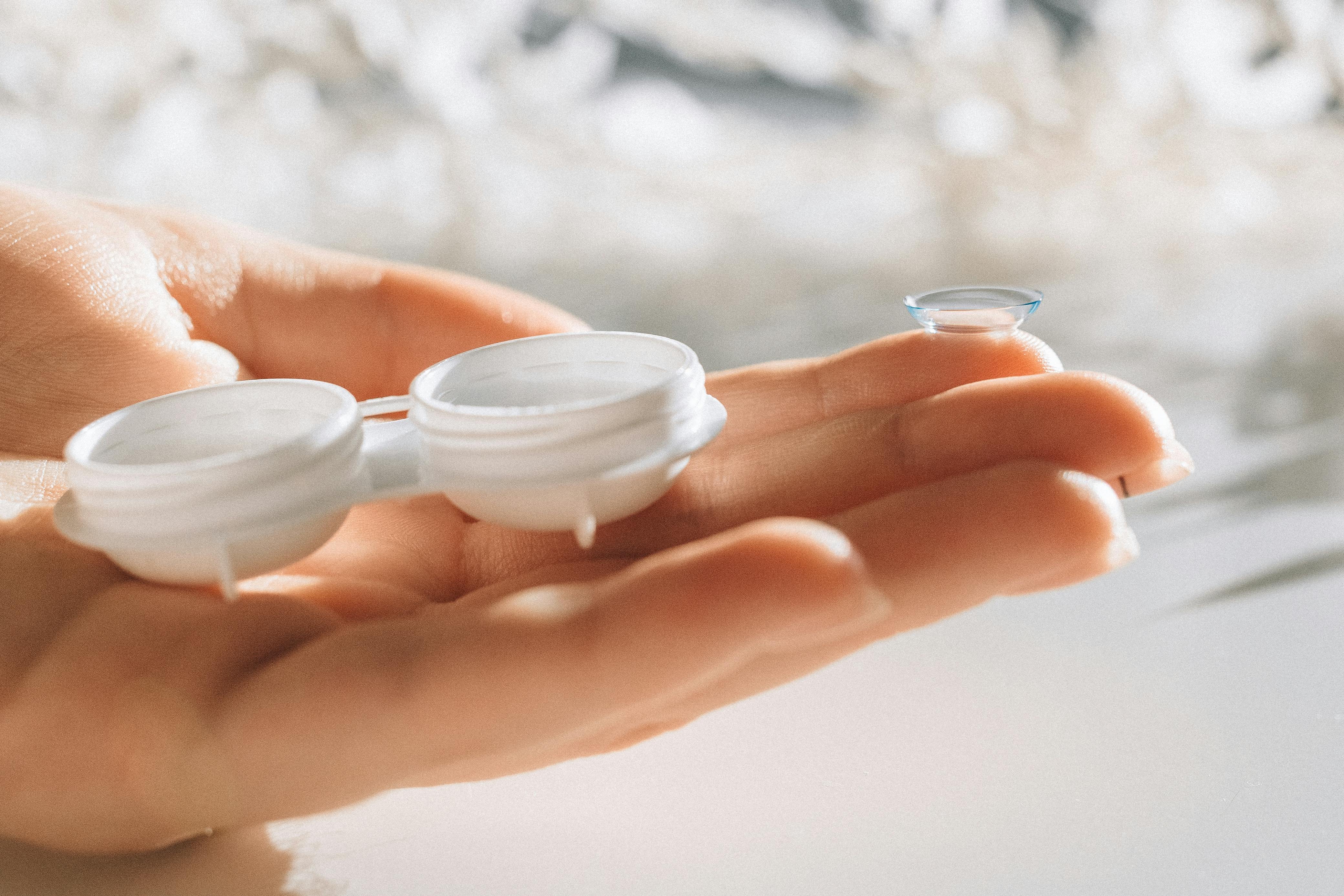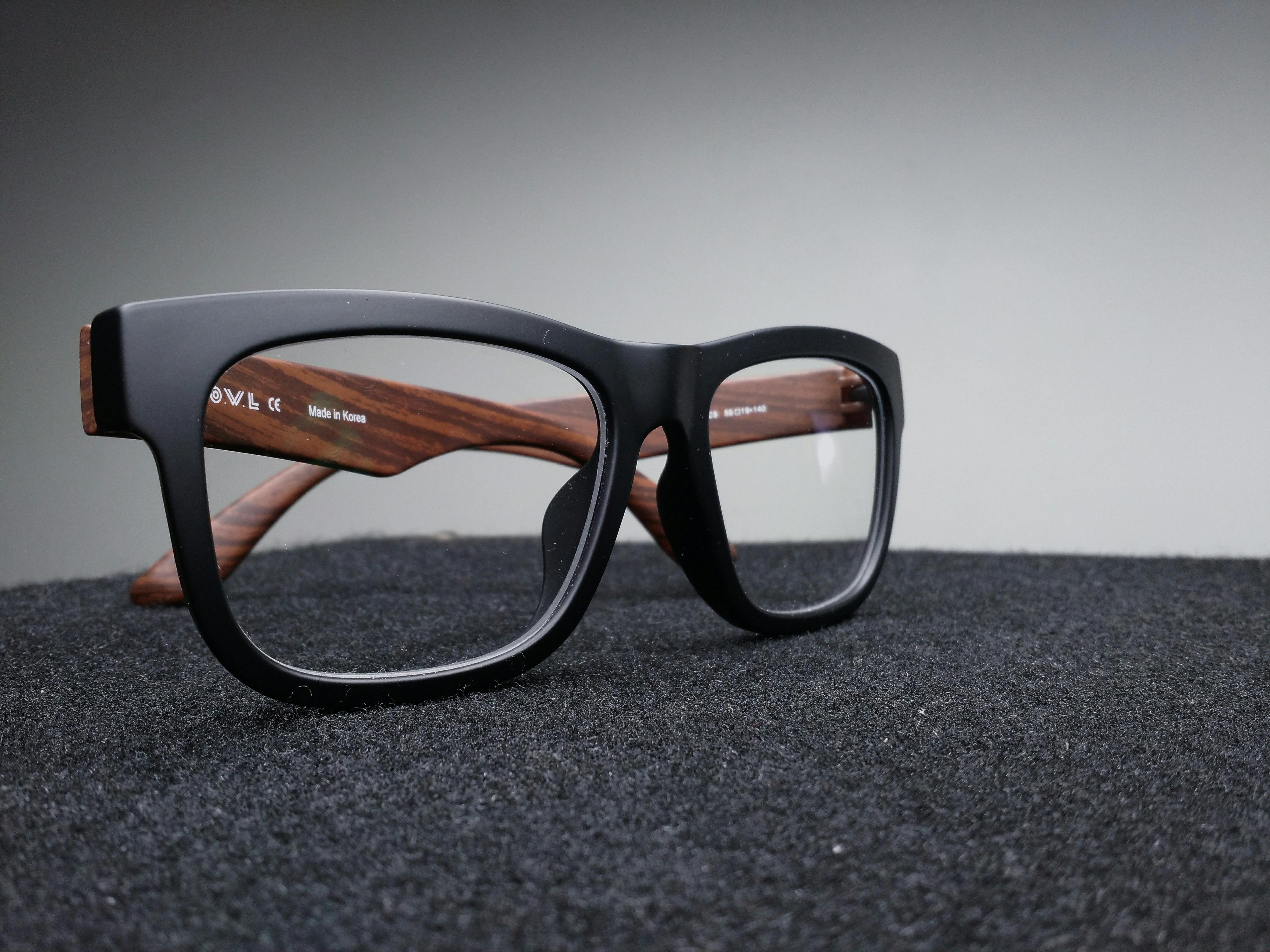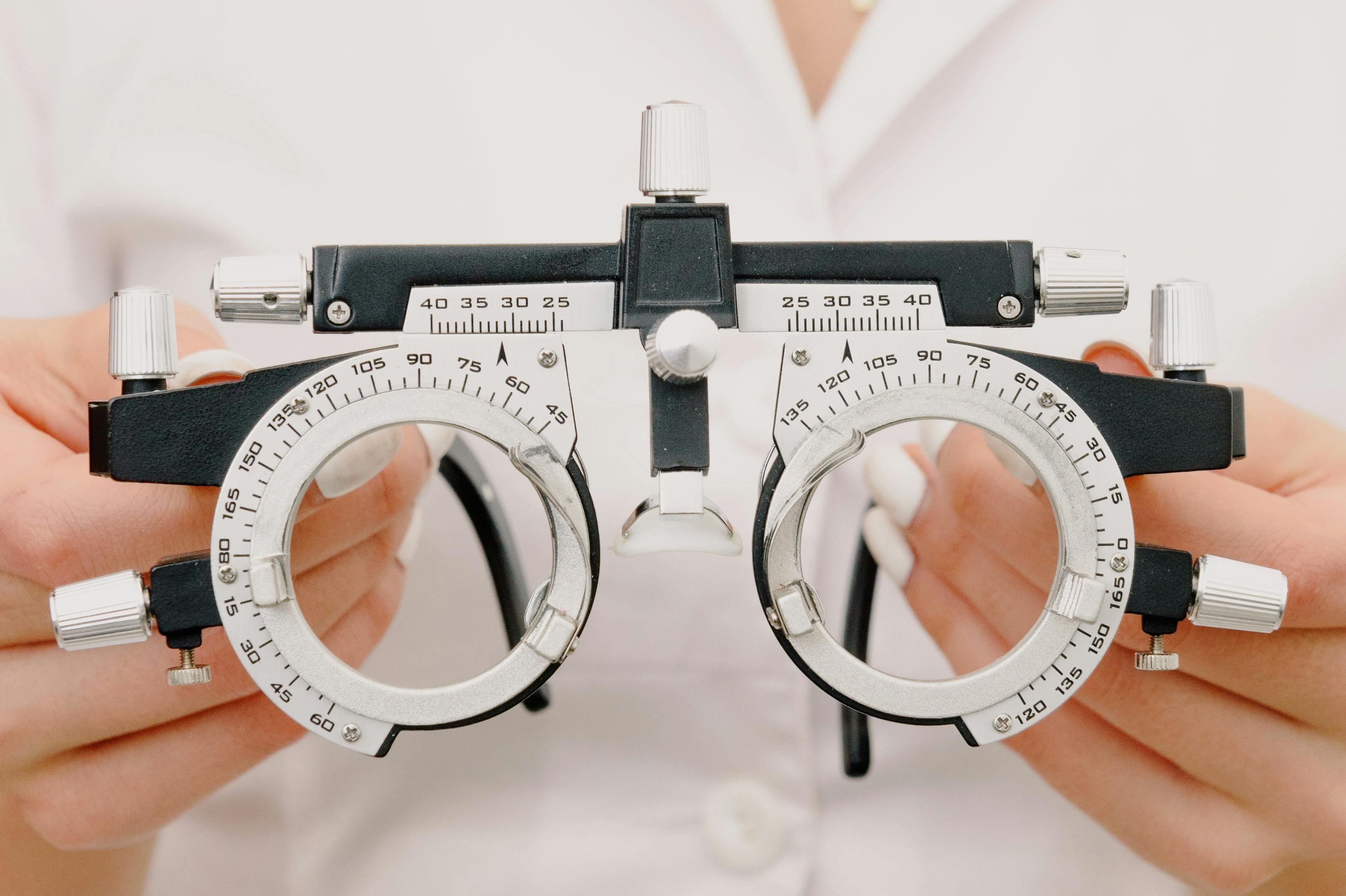Macular degeneration is a condition that affects the central portion of the retina. The macula is a small area at the center of your eye that allows you to see objects directly in front of you and perform tasks like reading and driving. When your macula gets damaged, some vision loss occurs over time. There are two types of AMD: dry AMD and wet AMD. Dry AMD tends to affect older people (typically age 50 or older), while wet AMD usually happens earlier in life (usually before age 40).
Macular degeneration is the leading cause of vision loss in the U.S.
Macular degeneration is the leading cause of vision loss in the U.S., affecting one in three people over age 65. It's also one of the most common causes of vision loss overall, affecting nearly 10 million Americans each year—more than any other condition!
Macular Degeneration occurs when the macula begins to deteriorate due to aging or other factors like diabetes and high blood pressure. The retina becomes damaged, sometimes causing a blind spot on your line-of-sight to one side or another; this can affect how well you see objects at varying distances from your face as well as colors and light intensity level throughout day/night cycles during daylight hours.
There is no cure for macular degeneration, but it can be treated to slow its progression.
There is no cure for macular degeneration, but it can be treated to slow its progression.
AMD is a progressive disease that causes the loss of central vision and affects about 3 million Americans over age 65. Early detection and treatment can help prevent vision loss from getting worse or from affecting your ability to see colors or shapes accurately.
There are treatments available that can slow the progression of AMD:
There are several types of eye drops that can help with dry eyes and reduce inflammation in the eye.
Acetazolamide (Diamox) — This drug slows down how quickly your body breaks down vitamin A, which is important for good vision. It may also work better than other treatments when combined with other medications such as beta blockers or anti-inflammatory drugs like ibuprofen or naproxen sodium (Aleve). However, this drug isn't available generically in the U.S.; you'll have to go through an insurance company's coverage before getting it covered by Medicare Part D plans if you fall into this category.* Triamcinolone acetonide ointment (Kenalog 0.1 percent) — This medication reduces swelling by blocking certain enzymes involved in these reactions.* Glaucoma eyedrops such as timolol maleate 0.5% injection; betaxolol hydrochloride 0%; esmolol tartrate 1%; metaraminol bitartrate 2%; timoptic drop formulation containing dexamethasone phosphate 1%.
You should go to your doctor for regular checkups if you have macular degeneration because early detection is key in treatments for this condition
You should go to your doctor for regular checkups if you have macular degeneration because early detection is key in treatments for this condition. Treatment can slow its progress, but there's no way to prevent AMD from worsening over time without a cure.
You should also see an eye doctor regularly so that he or she can check for signs of age-related macular degeneration (AMD) and other eye diseases like glaucoma or cataracts.
Conclusion
Macular degeneration is a common condition that can cause vision loss if not treated early on. If you get diagnosed with macular degeneration, start your treatment right away so you don’t lose your eyesight. Your doctor may recommend a special diet or medications to slow down the progression of this disease. You should also see an eye specialist every year for annual checkups to ensure no new problems are developing in your central vision area at any time during the year










